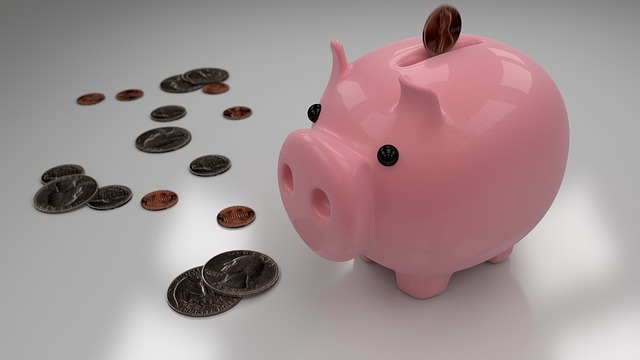- Keep a small note book and list all the items your spend money on (really, every item) As you look over your expenses for the month you may be surprised at what you are spending items such as coffee. You may find there are things you can go without. The very act of keeping a notebook will cause you to be more conscience of what you are spending money on and ultimately cause you to spend less money.
- If your employer matches retirement savings contributions, be sure to take advantage of that. Some employers match up to 100 percent of your contributions.
- Never purchase expensive items on impulse. Think over each expensive purchase for at least 24 hours. Acting on this principle will mean you have far fewer regrets about impulse purchases, and far more money for emergency savings.
- Use debit and credit cards prudently. To minimize interest charges, try to limit credit card purchases to those you can pay off in full at the end of the month. If you use a debit card, don’t rely on an overdraft feature to spend money you don’t have. With either approach, you’ll have more money available for emergency savings.
- Take the amount the item costs and divide it into your hourly wage. If it’s a $50 pair of shoes and you make $10 an hour, ask yourself, are those shoes really worth five long hours of work? It helps keep things in perspective. If you are salary take your annual salary and divide it by 2, this is really, really close to your hourly rate. So if you make $50,000 your hourly rate would be $25 an hour.
- Eat out one fewer time each month. If it costs you $25 to eat out, but only $5 to eat in, then the $20 you save each month saves you $1040 if you exchanged eating out for eating at home once a week for a year. If you want to save more money don’t pass up opportunities for free food like church pot lucks ore a friends dinner invitation.
- Avoid bouncing checks or overdraft fees each month. The $25-35 you save by not bouncing a check each month would save you $420 a year. Get control of your checking account do not write a check if you don’t have to wait even if creditors are pushing you to. If you do get an overdraft fee make sure you ask to have it refunded. There is good chance they will if you have not made it a pattern.
- Make your monthly credit card payment on time. The $30-35 you save by not being charged a late fee each month adds up. If you do get charged a fee make sure you ask to have it refunded, if you are in good standing they may do it as a courtesy.
- Use only the ATMs of your bank or credit union. Using the ATM of another financial institution once a week could well cost you $3 a withdrawal, or more than $150 over the course of a year. Don’t forget most grocery stores will allow you to get cash back on your debit card purchase if you need it.
- Appeal your property taxes. There are people who will do this for you but you can do it yourself. This can save you thousands of dollars.
- Take advantage of programs and incentives offered by your work. For example some companies offer reimbursement for gym memberships. The key is you have to hand in your paper work. If you don’t hand in the paper work you don’t get the benefit.
Welcome!Log into your account








